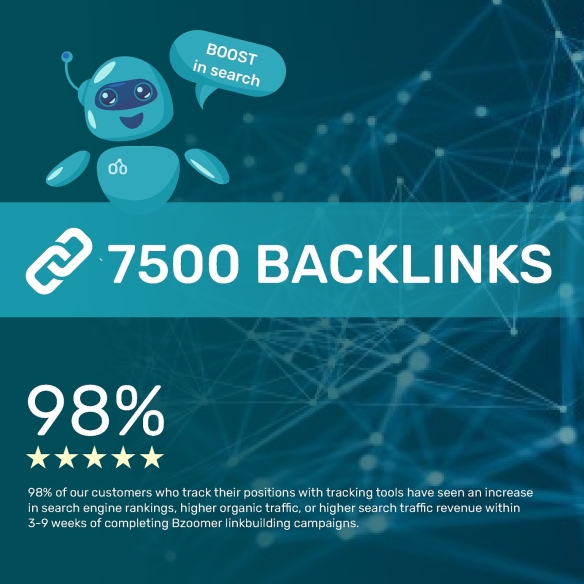Feasibility studies have become essential tools in today’s dynamic economic environment. They provide a rigorous assessment of potential projects, highlighting both opportunities and challenges across diverse sectors. This article explores several types of feasibility studies—including those led by the USDA and SBA, international initiatives, and innovative carbon credit projects—and explains their significance in guiding sound investment and policy decisions.
USDA Feasibility Study
The USDA feasibility study focuses on projects that aim to improve agricultural sustainability and rural economic development. By assessing the viability of new farming practices, technology integrations, and resource management plans, the USDA helps stakeholders understand potential returns on investments. This study not only supports rural communities but also ensures that new agricultural initiatives are resilient and environmentally friendly.
SBA Feasibility Study
In contrast, the SBA feasibility study is geared towards small businesses and entrepreneurs. This study evaluates business proposals, financial forecasts, and market dynamics to determine whether a new venture can succeed in a competitive environment. By providing insights into risk factors and potential funding options, the SBA study empowers small businesses with the information they need to innovate and grow.
International Feasibility Study
Global projects often require an international feasibility study to navigate the complexities of different markets, regulatory frameworks, and cultural contexts. Such studies help multinational investors, governments, and organizations understand local conditions and adapt their strategies accordingly. This type of analysis is particularly valuable when entering emerging markets or launching initiatives that span multiple regions.
Carbon Credit Feasibility Study
Amid growing environmental concerns, carbon credit feasibility studies have gained prominence. These studies assess the potential of projects that aim to reduce greenhouse gas emissions and generate carbon credits. They analyze the technical and financial aspects of emission-reduction strategies, ensuring that projects are not only environmentally beneficial but also economically viable. As businesses and governments seek ways to meet climate targets, these studies offer a roadmap for sustainable development.
Each feasibility study serves a distinct purpose, yet all share a common goal: to inform decision-makers by offering a clear picture of a project's potential. Whether it's fostering agricultural innovation through USDA studies, boosting small business initiatives with SBA analyses, guiding global investments with international reviews, or driving environmental progress through carbon credit assessments, these studies are key to building resilient and forward-thinking strategies for the future.
By embracing the insights provided by these varied feasibility studies, organizations and governments can make well-informed decisions that foster economic growth, innovation, and sustainability in a rapidly changing world.


